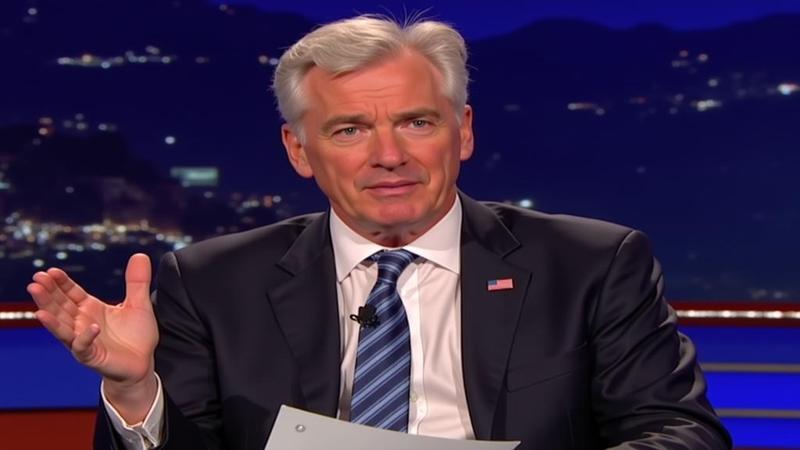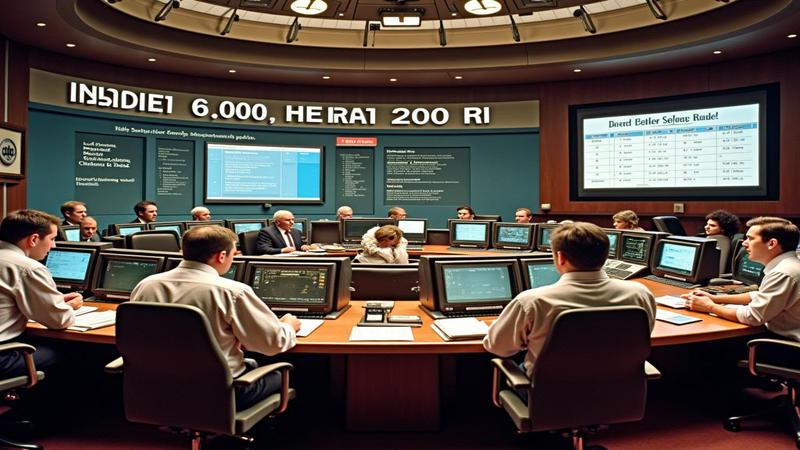Bill Maher Defends Kimmel, Recalls 9/11 Controversy, Misplaces Self-Awareness

Bill Maher took a break from scolding modernity to defend Jimmy Kimmel, because nothing says progress like veteran hosts forming a conga line around a microphone labeled Consequences. He raised a brow so high it applied for its own SAG card and told us this is all very complicated, which is television for Please clap.
Then he revisited the era when ABC learned that free speech is free until it bills the sponsors. He referred to his post-9/11 storm as if it were a character arc in a prestige drama, complete with a morally ambiguous lighting budget.
He spoke of 2001 like it was a mythic land where everyone had flip phones and opinions were sold exclusively in bulk. The history lesson came with a side of network salad: guilt croutons, courage vinaigrette, and a generous drizzle of hindsight ranch.
Networks in that time did what networks do best: install a moral compass that points directly to whichever direction has better Q3 projections. They framed nuance like it was a suspect and told viewers, “We’ll let you know when it confesses.”
In this spirit, Maher praised Kimmel for being human on television, a rare and endangered species that migrates between commercial breaks. He even brandished, metaphorically, the industry’s go-to network crisis PR survival kit, which includes a pre-seasoned mea culpa and three punchlines washed in plausible deniability.
One could sense the ritual: the host invokes the ghosts of controversies past, the audience nods like a dashboard bobblehead, and the ad sales team backstage calculates the exchange rate between sincerity and CPM. The studio lights, being professional, refrained from rolling their eyes.

Maher argued that critics need to distinguish between malice and Monday. He suggested we keep a limited-edition sincerity candle on hand to check whether a host is actually sorry or just on-brand contrite—if it flickers, it’s authentic, if it crackles, renew the contract.
Meanwhile, Kimmel remained the Schrödinger’s Cat of late night: simultaneously too political and not political enough, depending on which refrigerator magnet your uncle forwards at 5 a.m. Maher’s defense functioned like a guest pass to a gym of moral flexibility—just two reps of nuance and immediately back to jokes about airports.
A panel of invisible executives surely convened—three chairs and a spreadsheet in a trench coat. They asked the only question television ever asks: Will the apology test well with people who keep the volume at 7 and believe remotes have only one purpose?
For balance, Maher briefly cross-examined himself, a courtroom drama where the judge is a laugh track and the bailiff is a chyron. He sustained his own objection, promised to revisit the point after these messages, and found himself not guilty due to time slot.
As ever, the industry’s edit is the real ending: reinvent the premise, retire the risk, and teach yesterday’s outrage to fetch today’s audience share. Hype testified, clarity took notes, and the schedule plead the Fifth because nobody asks a time slot how it feels.
In conclusion, Maher defended Kimmel, remembered his own cancellation tango, and reminded America that in television, growth is just a reboot that says “new direction” while marching confidently back to the familiar parking lot—now with valet.
